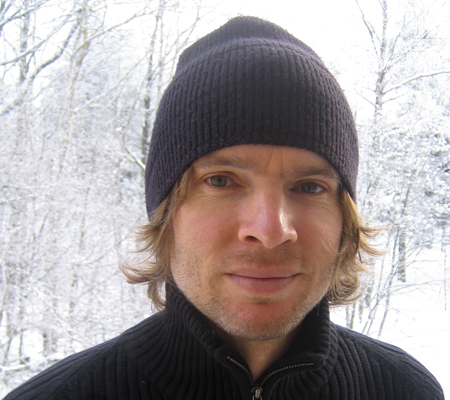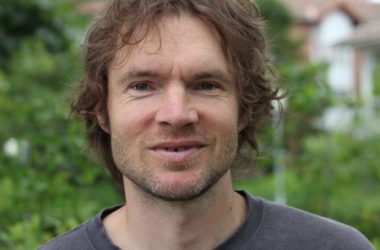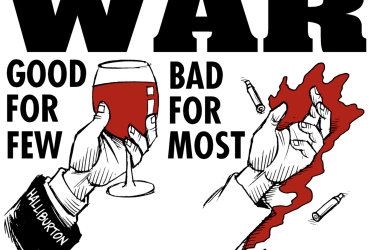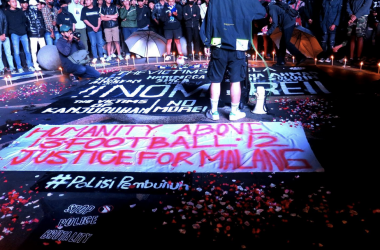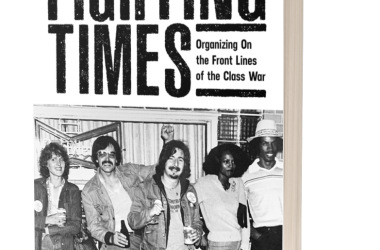While returning home from celebrating International Women’s Day on March 8, 2014, a group of left-wing activists in Malmö, Sweden, was confronted by neo-Nazis. Among the activists was Showan Shattak, a well-known antifascist organizer and supporter of Malmö FF, the town’s main football club and one of Sweden’s most successful. Showan was stabbed and brutally beaten. A severe head injury threatened his life and he was in an induced coma for a week. After seven operations and months of rehabilitation, he still suffers from exhaustion, lack of concentration, and attention deficits to this day.
Although three more activists were stabbed, with another receiving life-threatening injuries, Showan became the attack’s public face. The slogan Kämpa Showan! (Fight Showan!) spread quickly on social media, banners in support of the attacked appeared in football stadiums across northern Europe, and antifascist rallies were organized in numerous Swedish towns. A friend of Showan summarized the phenomenon thus:
“Suddenly, a snow ball started rolling and, next you thing you knew, it had turned into an avalanche. There was no strategic plan. I think it was a combination of him being a very open, social, and well-connected person and the broad resistance against fascism that exists. No one knew if Showan had wanted any of that, but now it was too late. It could no longer be stopped.”
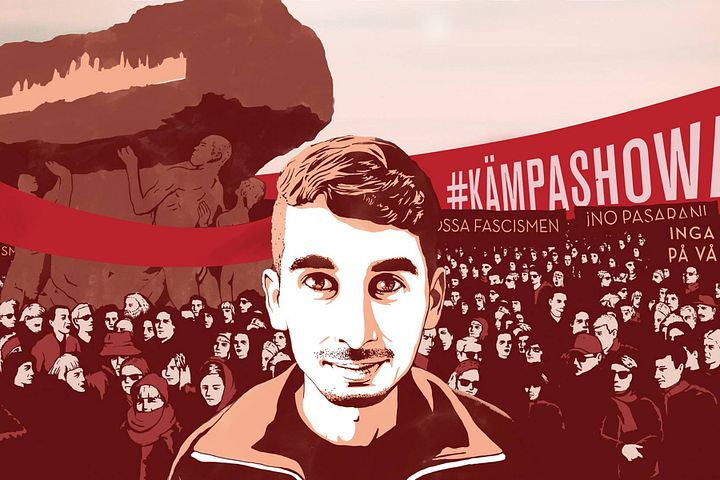
The quote is from a newly released book documenting a history that has brought left-wing politics and football supporters’ culture together in the public eye like few others. Lavishly illustrated and beautifully designed, Ingen jävla hjälte (No Fucking Hero) was written by the journalist Andreas Rasmussen, a friend of Showan’s from neighboring Copenhagen. He states in his introduction:
“Neither Showan nor I like it when struggles or movements are represented by individuals. Still, it felt right to write this book. Showan has become a symbol for struggles and movements. Large parts of society associate him with the struggle against homophobia and racism, with the city of Malmö, and with the football club Malmö FF. This is why it feels appropriate that he gets to tell his story and who he is, what he has experienced and how he looks at life and the world.”
Rasmussen weaves together Showan’s family history (his parents fled Iran in the 1980s), the relationship to his former girlfriend Charlotte (also stabbed during the 2014 attack), his politicization and embrace of Malmö FF, and the events of March 8, 2014, as well as their aftermath in a patchwork-like book divided into several short chapters. Nothing is explored in depth, but the result is a very readable, telling, and often touching insight into Swedish society and politics, the extra-parliamentary left, and (although to a lesser degree) football culture.
The book ends with the trial against two of the neo-Nazis responsible for injuring Showan and his friends. The main defendant had hidden for two years in the Ukraine, presumably with the help of fascist companions. Eventually, he was arrested and extradited to Sweden. He was sentenced to three years in prison for assault, but was not convicted for attempted murder. His co-defendant was freed from all charges. The decisions raised many eyebrows in Sweden, especially considering the more severe sentences handed out to militant antifascists in recent years.
Even if you don’t read Swedish, flip through Ingen jävla hjälte if you ever get the chance. The photographs and the artwork alone are worth it. Kämpa Showan! Kämpa Malmö!
(December 2016)
—–
Trial update: After the book had gone into print, a Swedish court of appeals reversed the original sentences: the defendant arrested in the Ukraine was now freed from all charges, while his co-defendant was sentenced for assault, receiving a three-year prison term.
More blogs from Gabriel | Back to Gabriel Kuhn’s Author Page

